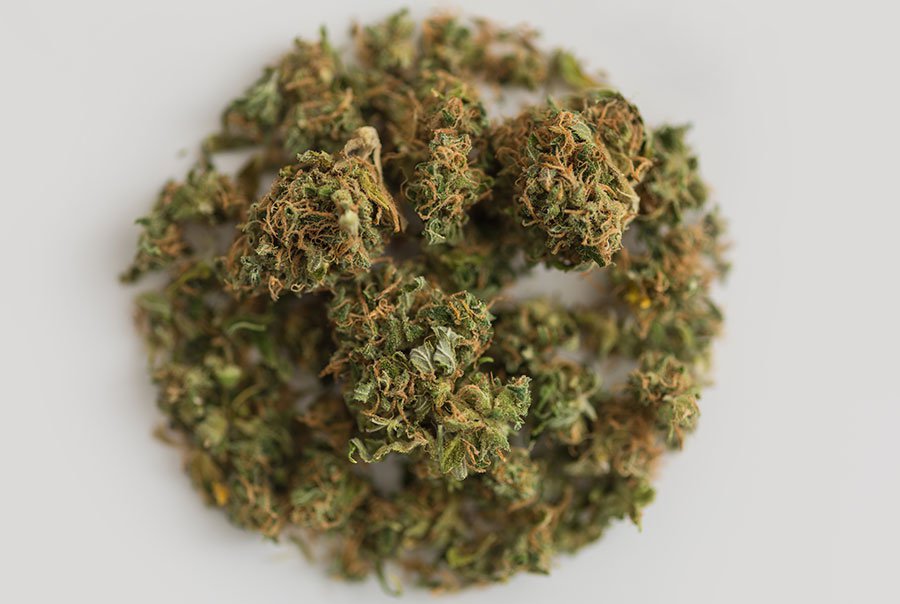
Drug rehab involves personalized treatment plans with initial assessments, therapeutic interventions, medication-assisted options, and aftercare support. Initial evaluations gather information for tailored treatment plans considering physical health, substance use history, mental health, and personal goals. Therapeutic interventions like counseling address underlying issues and provide coping strategies through various methods such as cognitive-behavioral therapy. Medication-assisted treatment combines medication and therapy for effective substance use disorder management. Aftercare support, crucial for long-term sobriety, includes ongoing therapy and relapse prevention strategies. This comprehensive approach promotes recovery success and overall well-being post-treatment.
Initial Assessment and Treatment Planning
Upon entering a drug rehab program, individuals undergo an initial evaluation and treatment planning process designed to customize their journey to recovery. This vital step involves a thorough assessment of the individual's physical health, substance use history, mental health status, and social support system. The primary goal of this assessment is to gather information that will guide the development of a personalized treatment plan that addresses the unique needs and challenges of each individual.
During the initial assessment, healthcare professionals work closely with the individual to gain a deeper understanding of their substance use patterns, co-occurring disorders, and any underlying factors that may contribute to their addiction. This collaborative approach allows for the creation of a treatment plan that is not only evidence-based but also considers the individual's preferences and goals for recovery.
Therapeutic Interventions and Counseling
Individuals in drug rehabilitation programs often engage in therapeutic interventions and counseling as essential components of their recovery journey. These interventions aim to address the fundamental issues contributing to substance abuse and equip individuals with coping strategies to maintain sobriety. Therapeutic interventions may include individual counseling, group therapy sessions, cognitive-behavioral therapy, dialectical behavior therapy, and motivational interviewing.
Individual counseling provides a safe space for individuals to explore their thoughts, emotions, and behaviors related to substance abuse. It helps them gain insight into their triggers and develop healthier ways of managing stress and challenges. Group therapy offers a supportive environment where individuals can share their experiences, receive feedback, and learn from others facing similar struggles. Cognitive-behavioral therapy focuses on identifying and changing negative thought patterns and behaviors associated with substance abuse. Dialectical behavior therapy teaches individuals how to regulate emotions and improve relationships, while motivational interviewing enhances motivation to make positive changes. Through these interventions, individuals in drug rehab can develop the necessary skills and insights to support their journey towards long-lasting recovery.
Medication-Assisted Treatment Options
Exploring the world of medication-assisted treatment options presents individuals in drug rehabilitation programs with a promising pathway towards enhanced recovery and long-term sobriety. Medication-assisted treatment (MAT) combines behavioral therapy and medications to address substance use disorders effectively. Medications like methadone, buprenorphine, and naltrexone can help manage withdrawal symptoms, reduce cravings, and prevent relapse for individuals struggling with opioid or alcohol addiction.
MAT is tailored to suit each individual's specific needs and may involve ongoing monitoring and adjustments to ensure peak effectiveness. It is vital for individuals considering MAT to work closely with healthcare providers to determine the most suitable medication and dosage based on their unique circumstances and medical history.
Aftercare Support and Relapse Prevention
Considering the importance of maintaining long-term sobriety and preventing relapse, aftercare support plays a crucial role in the overall success of individuals completing drug rehabilitation programs. Aftercare support encompasses a range of services and resources designed to help individuals shift back into their daily lives while providing ongoing assistance and guidance. This phase often includes ongoing therapy sessions, support group meetings, access to community resources, and regular check-ins with counselors or case managers.
Relapse prevention strategies are a vital component of aftercare support. These strategies may involve identifying triggers, developing coping mechanisms, creating a support network, and learning how to navigate challenging situations without turning to substances. By equipping individuals with the necessary tools and skills to handle potential setbacks, aftercare support aims to fortify their resilience and empower them to maintain their sobriety in the long run.
Ultimately, aftercare support and relapse prevention efforts are crucial in helping individuals consolidate the progress made during drug rehab and navigate the complexities of recovery post-treatment. By offering ongoing support and guidance, these services play a vital role in enhancing the chances of sustained sobriety and overall well-being.



